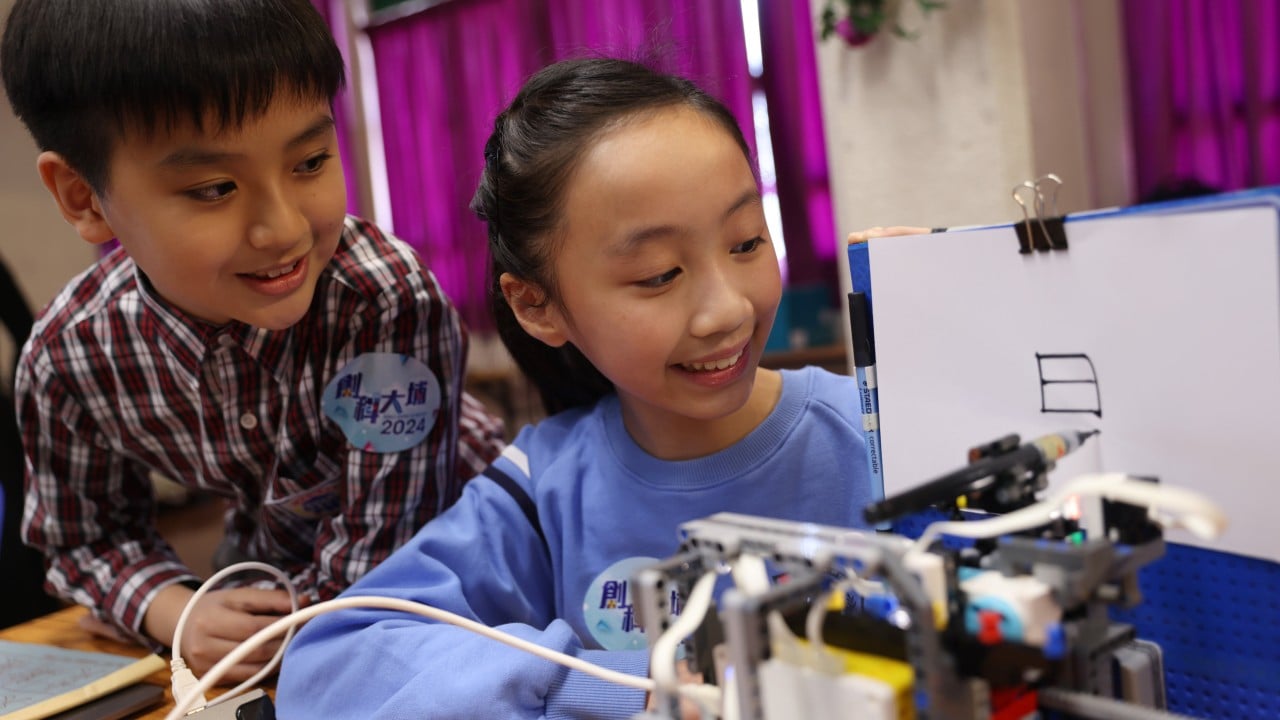This month, OpenAI released a new artificial intelligence (AI) model that it says can reason like a person to solve complex problems. It will continue to improve. When the smartest “person” in the company is a robot, predicting future professional norms and practices becomes like writing science fiction.
Advertisement
While many rightfully worry about AI impacts on employment and equality, arguably the biggest transformations will be in education. A student entering the first grade today will emerge into a world of work that is almost unrecognisable. An educational revolution is needed.
Technology education is education about technology – what it is and how it is used to solve problems. It is not the same as education technology, which refers to the tools enabling students to learn.
Will future first-graders learn with holographic cartoon tutors? Maybe, but technology education has more to do with learning how holograms are made, and how they can be deployed for public good and regulated to prevent harm. All education stakeholders will benefit from technology education: teachers, parents, policymakers, future employers and students.
Advertisement
Students will rapidly adopt new technology skills. It’s what kids do. They did it with calculators in the 1980s, despite anxiety that they might fail to learn arithmetic.

